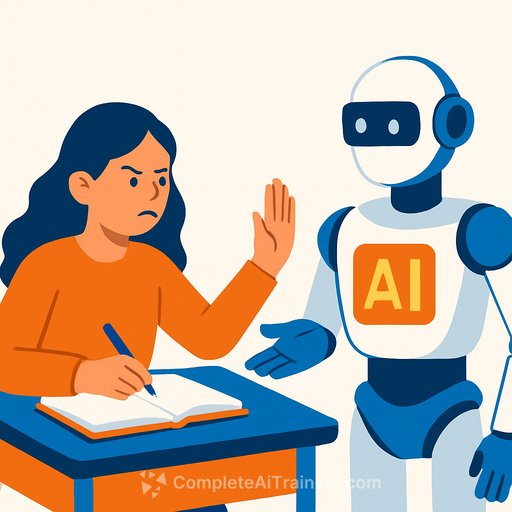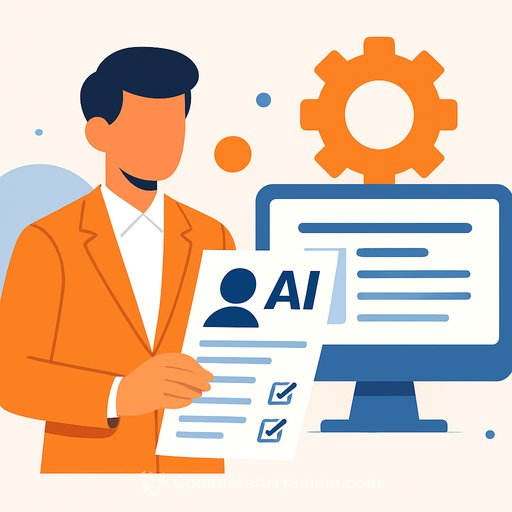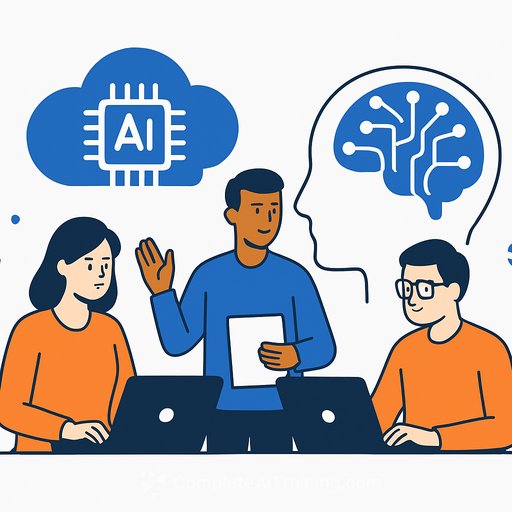Dear UConn, Please Stop Using AI for School
AI has become a common tool in students' academic lives, despite being publicly available for less than three years. A recent survey by Inside Higher Ed found that about 85% of US college students used generative AI for schoolwork in the past year. Another international study found that 54% of students at various academic levels rely on AI frequently, consulting it daily or weekly.
News outlets often claim AI has “unraveled” academia, and while that sounds dramatic, there’s truth to the concern. Using AI is currently the easiest way to handle school tasks. But ease doesn’t always equate to value, and popularity doesn’t guarantee quality. Here’s the critical point: students lose something vital when they lean on AI for their assignments.
How Students Use AI in Their Work
The Inside Higher Ed survey breaks down AI use during the writing process:
- 55% use AI for brainstorming ideas
- 38% for summarizing material
- 31% for outlining papers
- 25% have AI complete assignments
- 19% let AI write entire essays
Each of these steps demands thinking—logical reasoning when outlining, creative thinking when brainstorming. When AI takes over, students stop exercising these crucial mental skills.
The Consequences of Relying on AI
With so many students using AI regularly, how much are they diminishing their own capacity for critical and creative thought? A recent study from MIT Media Lab sheds light on this. Researchers compared brain activity among groups writing essays: one with no resources, another with Google search access, and a third with full ChatGPT access.
The group using ChatGPT showed significantly reduced brain connectivity and activity across neural, linguistic, and behavioral levels. Their engagement declined over time, and they often forgot their own essay content. This study ran over four months, which is less than the typical AI exposure students currently have.
The takeaway is clear: AI use can hinder the learning process and weaken essential cognitive functions. Allowing AI to infiltrate education risks creating future generations unable to think independently. That is a serious problem.
Why Students Turn to AI
It’s important not to judge students harshly for using AI. The majority want to succeed under pressure. The survey revealed two main reasons for AI reliance:
- Pressure to achieve good grades
- Lack of time to dedicate to schoolwork
Students often prioritize grades over genuine learning because the education system values results more than understanding. This environment makes shortcuts like AI appealing. The “unraveling” of academic integrity is largely self-inflicted.
Choosing a Different Path
Despite systemic challenges, students still have the power to choose how they learn. Leaning on AI isn’t a way to beat the system; it’s falling into its traps. Even if schools emphasize grades over knowledge, students can commit to true learning.
For the benefit of personal growth and the future of education, we must reject AI as a crutch in academic work. Developing thinking skills is the foundation of education, and sacrificing that for convenience undermines everything schools aim to build.
Those in education roles should encourage students to engage deeply with their work and resist the temptation to outsource thinking to AI. Supporting this mindset will help preserve the integrity and purpose of learning.
Your membership also unlocks:




